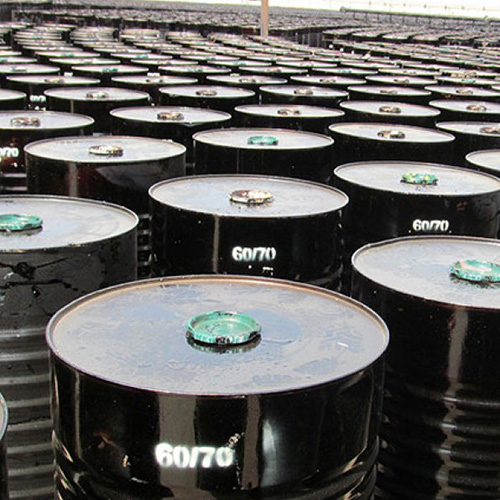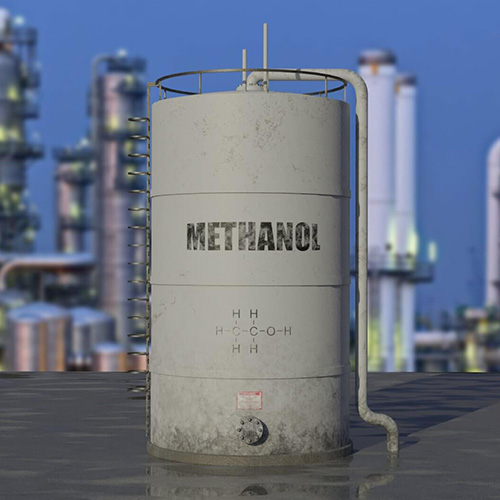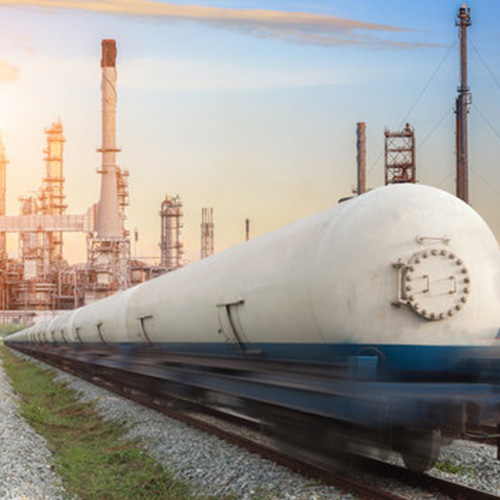Our Products
Let’s explore the
range of products we can provide!
Our primary focus lies in supplying oil derivatives, particularly Bitumen. Our range of petroleum products encompasses various items, including but not limited to Gasoline, distillates such as Diesel Fuel, Petrochemical Feedstocks, Bitumen, Fuel Oil, LPG, and more. Should you express interest, you can access the specifications of each product and submit your inquiry accordingly.
The Most Ordered Products

Bitumen, as defined, comprises various hydrocarbon mixtures obtained from crude oil refining. It possesses thermoplastic properties, with its stiffness varying according to temperature. The relationship between temperature and stiffness is influenced by the crude oil source and refining method. Primarily, bitumen finds application in road surfacing and waterproofing.
Bitumen exhibits complete solubility in carbon disulfide (CS2) and is known for its adhesive and waterproofing capabilities. It primarily consists of hydrocarbons, typically composed of approximately 80% carbon and 15% hydrogen, with trace amounts of oxygen, nitrogen, and other particles. Penetration grade bitumen, commonly utilized in road surfacing and some industrial
applications, determines its hardness based on the depth a standard loaded needle penetrates vertically into a sample maintained at 25 degrees Celsius for 5 seconds.
The predominant use (70%) of asphalt lies in road construction, where it serves as the binding agent mixed with aggregate particles to form asphalt concrete. Other notable applications include bituminous waterproofing products such as roofing felt production and sealing flat roofs.

Liquefied Petroleum Gas (LPG) stands as a portable, environmentally friendly, and highly efficient energy source accessible to consumers globally. While primarily sourced from natural gas and oil production, LPG is increasingly derived from renewable sources as well. Its distinct characteristics render it a versatile energy option suitable for over 1,000 diverse applications.

Fuel oil, commonly referred to as furnace oil, is a type of fuel predominantly composed of residues obtained from the distillation of crude oil. Its primary applications include powering steam boilers in power plants, as well as aboard ships and within industrial facilities. Commercial variations of fuel oils are typically blended with other petroleum fractions to achieve the desired viscosity and flash point. Notably, the flash point of fuel oil tends to be higher than that of kerosene. It's important to note that the term "fuel oil" generally excludes fuels such as kerosene.

Diesel fuel undergoes refinement from crude oil at petroleum refineries. On average, U.S. petroleum refineries yield approximately 11 to 12 gallons of diesel fuel from each 42-gallon (U.S.) barrel of crude oil.
Prior to 2006, a significant proportion of diesel fuel sold in the United States contained elevated levels of sulfur. This sulfur content in diesel fuel contributed to air pollution emissions detrimental to human health. In response, the U.S. Environmental Protection Agency (EPA) introduced regulations in 2006 aimed at reducing the sulfur content of diesel fuel distributed for use in the United States. These regulations were implemented gradually, initially focusing on diesel fuel designated for vehicles operating on roadways, and later extending to encompass all non-road diesel fuel as well. Presently, diesel fuel available in the United States for on-highway use is classified as ultra-low sulfur diesel (ULSD), featuring a sulfur content of 15 parts per million or less. Additionally, the majority of diesel fuel sold for off-highway (or non-road) use also conforms to the ULSD standard.

Petrochemicals, also referred to as petroleum distillates, are chemical products derived from petroleum through refining processes. While some chemical compounds made from petroleum can also be obtained from other fossil fuels like coal or natural gas, as well as renewable sources such as maize, palm fruit, or sugar cane.
The two predominant classes of petrochemicals are olefins, which encompass ethylene and propylene, and aromatics, which include benzene, toluene, and various xylene isomers.

Gasoline, alternatively spelled as gasolene, and commonly referred to as gas or petrol, is a blend of volatile and flammable liquid hydrocarbons obtained from petroleum. It serves as a fuel for internal-combustion engines, powering various vehicles and machinery. Additionally, gasoline finds application as a solvent for oils and fats.
Originally considered a by-product of the petroleum industry, with kerosene being the principal product, gasoline emerged as the preferred fuel for automobiles due to its high energy of combustion and its ability to mix easily with air in a carburetor.
